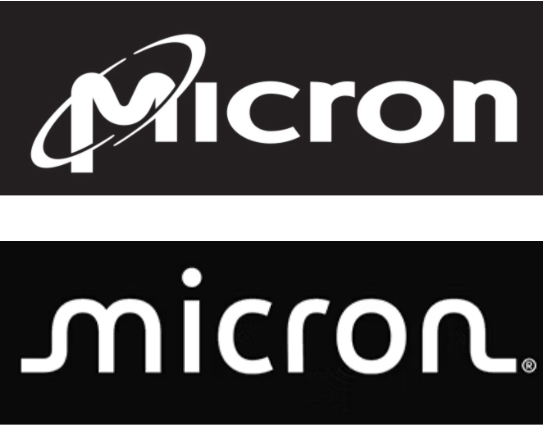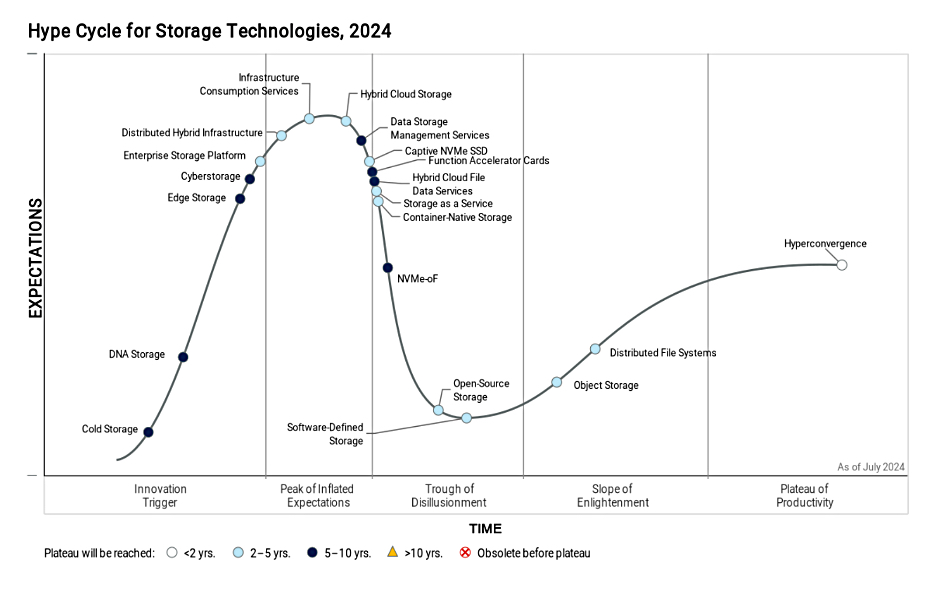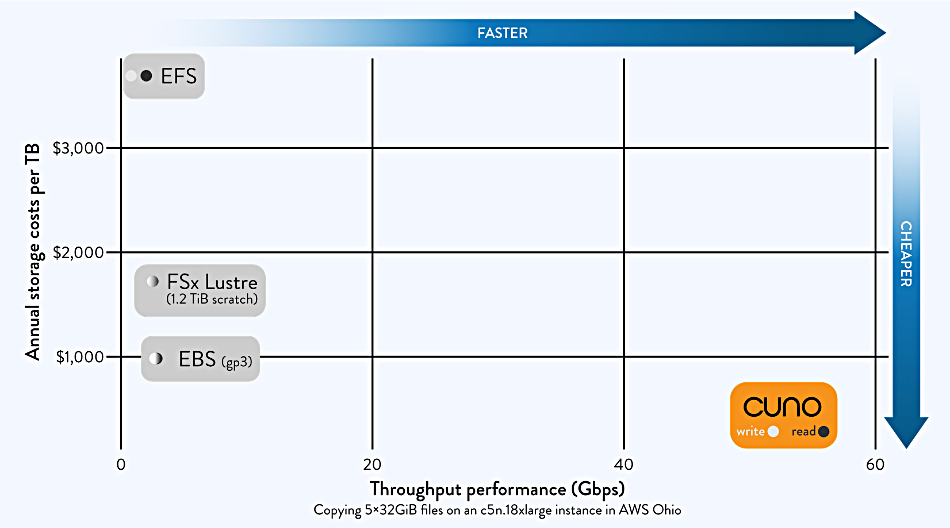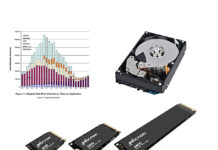Analytics company Cloudera has launched Cloudera AI Inference, powered by Nvidia NIM microservices and accelerated computing (Tensor core GPUs), boosting LLM speeds by a claimed 36x. A service integration with Cloudera’s AI Model Registry enhances security and governance by managing access controls for both model endpoints and operations. Cloudera AI Inference protects sensitive data from leaking to non-private, vendor-hosted AI model services by providing secure development and deployment within enterprise-controlled environments. This enables “the efficient development of AI-driven chatbots, virtual assistants, and agentic applications impacting both productivity and new business growth.”
…
Data protector CrashPlan has acquired Parablu, a data security and resiliency supplier with a claimed market-leading offering protecting Microsoft 365 data. This is said to position CrashPlan “to deliver the industry’s most comprehensive backup and recovery capabilities for data stored on servers, on endpoint devices and in Exchange, OneDrive, SharePoint, and Teams to Azure, their cloud, or to CrashPlan’s proprietary cloud.” The Parablu acquisition “enables CrashPlan to offer a complete cyber-ready data resilience solution that protects intellectual property and other data from accidental data deletion, ransomware, and Microsoft service interruptions.”
…
Software-defined multi-protocol datacenter and edge storage supplier Datacore has added a NIS2-supporting cybersecurity capability “designed to equip organizations with the means to anticipate, withstand, and recover from sophisticated cyber threats while aligning with regulatory standards.” The offering has no specific brand name. Read the solution brief here.
…
Lucid Motors has again chosen Everspin Technologies’ MRAM for its latest all-electric Gravity SUV, continuing its reliance on Everspin’s memory solutions after integrating them into Lucid Air back in 2021. Everspin’s PERSYST MRAM ensures data logging and system performance within the Lucid Gravity SUV’s powertrain. Its 256 Kb MRAM is also used by Rimac Technology (sister company to Bugatti-Rimac) in the all-electric Nevara supercar.
…
HighPoint Technologies claims its RocketStor 654x series NVMe RAID Enclosures have established a new industry standard for external storage products. It supports up to eight NVMe SSDs, delivering nearly 0.5 PB of storage with 28 GBps transfer speeds and PCIe Gen4 x16 connectivity. The device stands under five inches tall, has an integrated power supply and cooling system to isolate NVMe media from the host, plus a hot-swap capability to allow storage expansion without downtime.
…
Germany’s Infodas has announced a secure data transfer and patch management offering called Infodas Connect. Its primary function is to securely distribute updates and patches to critical systems that are not connected to the internet. The data is processed on a system that has internet access. It is then securely transferred to a central system known as the sender service within the Infodas Connect architecture. The collected data is then transmitted to the receiver services on the isolated systems (which have no internet connection). This transfer is highly secure, ensuring that no vulnerabilities are introduced during the update process. Once the data reaches the target system, an administrator manually reviews and installs the updates. This extra layer of manual control ensures that all changes are checked before implementation. Find a detailed product presentation here.

…
SaaS data protector Keepit has appointed Copenhagen-based Michael Amsinck as chief product officer. He joins Keepit from Cision, where he was chief product and technology officer. He will be instrumental in shaping and executing Keepit’s short and long-term product roadmap. “In the months and years ahead, a key priority will be expanding our comprehensive ecosystem of workloads to meet the evolving SaaS data protection needs of the enterprise segment. We’ll also prioritize strengthening disaster recovery strategies and developing opinionated frameworks to guide and educate our customers,” Amsinck said.
…
Keepit published a Gatepoint Research SaaS backup survey of senior decision-makers today that reveals:
- 58 percent of respondents report using Microsoft to back up their SaaS data. However, shared responsibility models mean that SaaS providers are not accountable for customers’ data backup, leaving a critical gap in protection
- Only 28 percent of respondents have high confidence in their data protection measures
- 31 percent report moderate to severe lapses in their data protection
- 57 percent of respondents identify brand and reputation damage as the most significant business impact of data loss, followed closely by financial consequences
- When it comes to blockers to improving data protection strategies, 56 percent of respondents cite budget constraints, while 33 percent note a lack of expertise and resources
- 50 percent of respondents cite increased compliance requirements as their top challenge
Keepit will host a free webinar titled “Protecting Your SaaS Data – Pitfalls and Challenges to Overcome” on October 17 at 1400 UTC. Register for the webinar here.
…
Micron has changed its logo. It says: “Inspired by the curves and colors of its silicon wafers, the new logo design embodies what is at the core of Micron’s technology leadership: staying ahead of the curve – anticipating future needs and driving the next generation of technology. Innovation and rapid execution are central to Micron’s vision of transforming how the world uses information to enrich life for all.”

…
NetApp has hired Mike Richardson as VP of US Solutions Engineering. He will lead NetApp’s technical sales strategy across North America. Richardson comes from being VP Systems Engineering Americas at Pure Storage. Before that he was at Forsythe, Commvault, and a professional services consultant at NetApp. What goes around, comes around.
…
OpenDrives has gained Light Sail VR as a customer for its Atlas storage product. Light Sail makes immersive virtual reality media for Meta, Amazon, Lionsgate, Paramount, Canon, Adidas, and others.
…
Replicator Peer Software, a supporter of hybrid on-prem-public cloud storage, is making Gartner’s latest hype cycle for storage report available here.

…
Rocket Software has a report out saying mainframe-stored data should be used by AI models. It says: “If the mainframe is such a wealth of knowledge, why isn’t it being used to inform AI models? According to the survey, 76 percent of leaders said they found accessing mainframe data and contextual metadata to be a challenge, and 64 percent said they considered integrating mainframe data with cloud data sources to a challenge. For this reason, businesses need to prioritize mainframe modernization – setting themselves up to be able to easily and successfully incorporate their mainframe data into their AI models.” Get the report here.
…
The SNIA is running a webinar entitled “The Critical Role of Storage in Optimizing AI Training Workloads” on October 30 at 1700 UTC. The webinar has “a primary focus on storage-intensive AI training workloads. We will highlight how AI models interact with storage systems during training, focusing on data loading and checkpointing mechanisms. We will explore how AI frameworks like PyTorch utilize different storage connectors to access various storage solutions. Finally, the presentation will delve into the use of file-based storage and object storage in the context of AI training.” Register here.
…
Tape, object, and archive system vendor SpectraLogic announced Rio Media Migration Services, a professional service offering designed to transition digital media assets from outdated media asset management systems to modern object-based archive infrastructures. A seven-step process features database/datasets analysis, solution design, project scoping, statement of work, installation and validation, production and post-migration review. Rio Media Migration Services is designed for media and video editors, producers, and system administrators, and suited for studios, post-production houses, sports teams, news and cable networks, and corporate media departments.
…
Decentralized storage provider Storj has acquired UK-based PetaGene, creator and supplier of cunoFS. PetaGene started in 2006, gathering numerous awards as a leading solution for high-performance file storage and genomic data compression. CunoFS is a high-performance file system for accessing object storage. It lets you interact with object storage as if it were a fast native file system with POSIX compatibility that can run any new or existing applications. PetaGene will operate as a wholly owned subsidiary of Storj. All current PetaGene employees will continue on as employees.

…
StorONE is launching a StorONE Podcast “designed to explore the world of entrepreneurship, cutting-edge technology, and the ever-evolving landscape of data storage. Hosted by StorONE Solution Architect James Keating, the podcast will provide listeners with valuable insights from industry experts and StorONE’s in-house thought leaders … In the debut episode, CEO Gal Naor shares his journey from founding Storwize, its acquisition to IBM and vision behind creating StorONE’s ONE Enterprise Storage Platform to solve the industry’s biggest challenges.” The StorONE Podcast will release bi-weekly episodes covering topics such as leveraging AI in storage solutions, strategic planning for long-term success, overcoming obstacles in scaling storage startups, and navigating the balance between innovation and risk. The podcast is available now on Spotify, Apple Podcasts, and iHeart Radio.
…
Storware has signed up Version 2 Digital as a distributor in APAC.
…
Wedbush tells subscribers that Western Digital reportedly completed the sale of 80 percent of its Shanghai facility to JCET. Western Digital will receive $624 million for the majority stake. The source is a South China Morning Post article.








